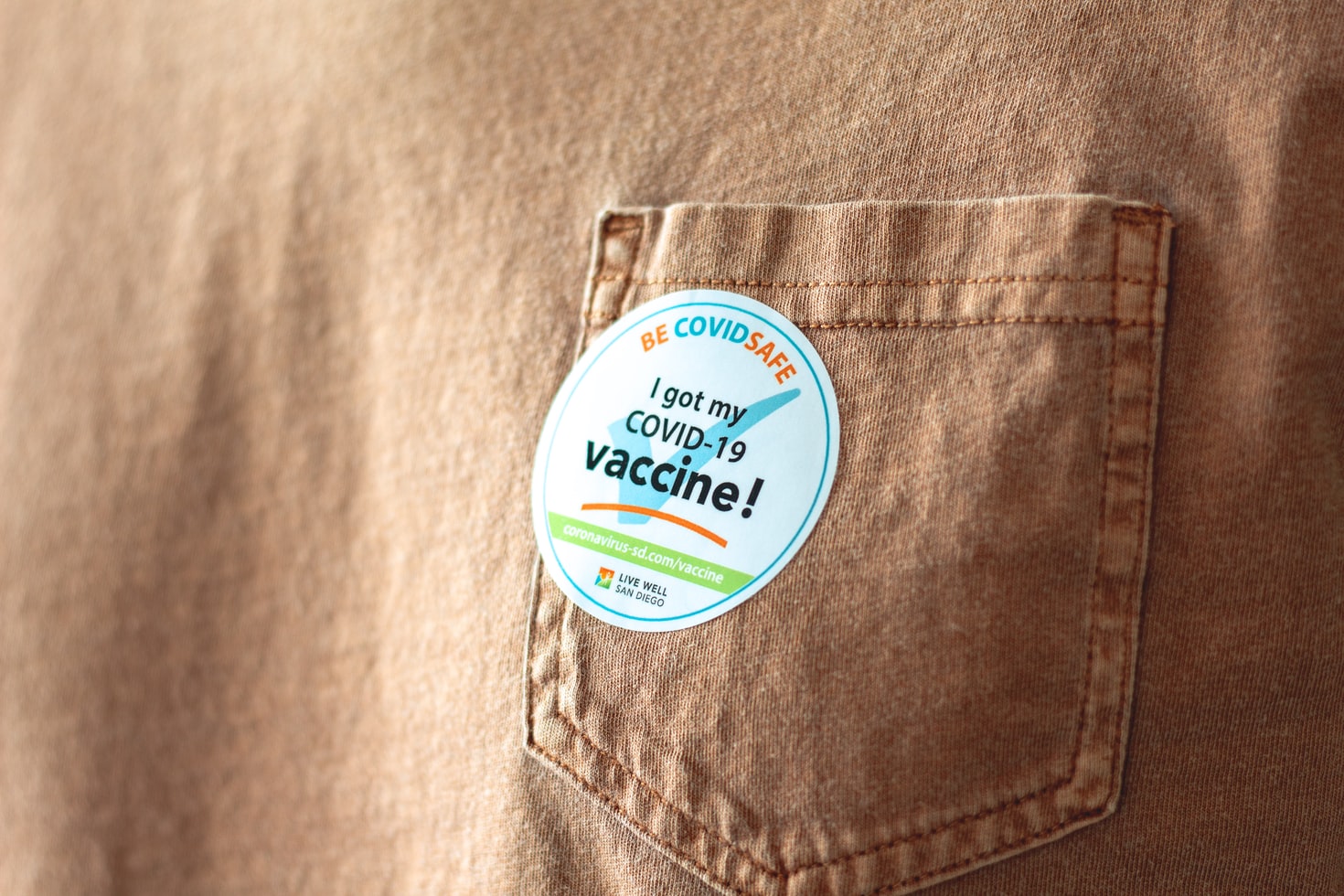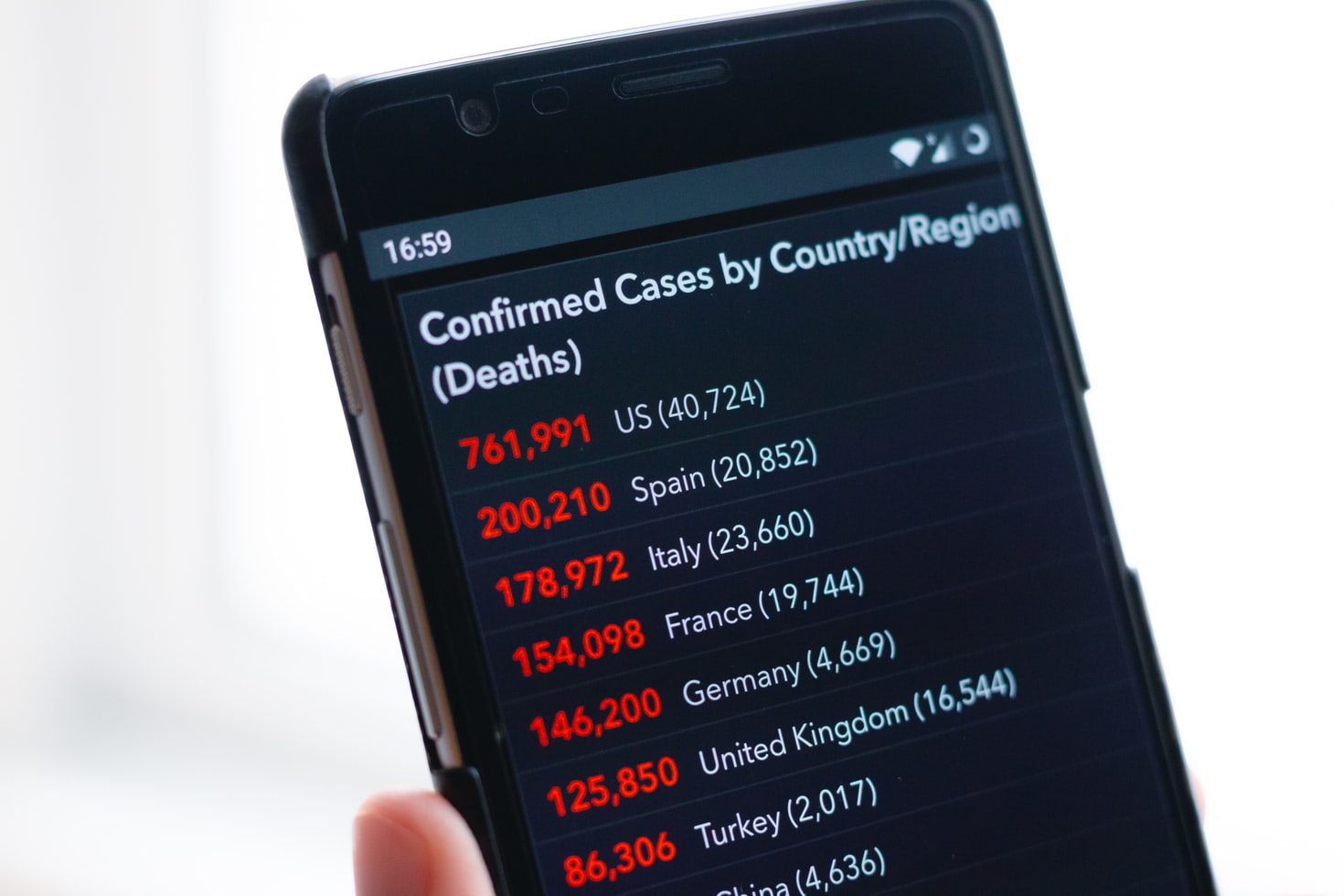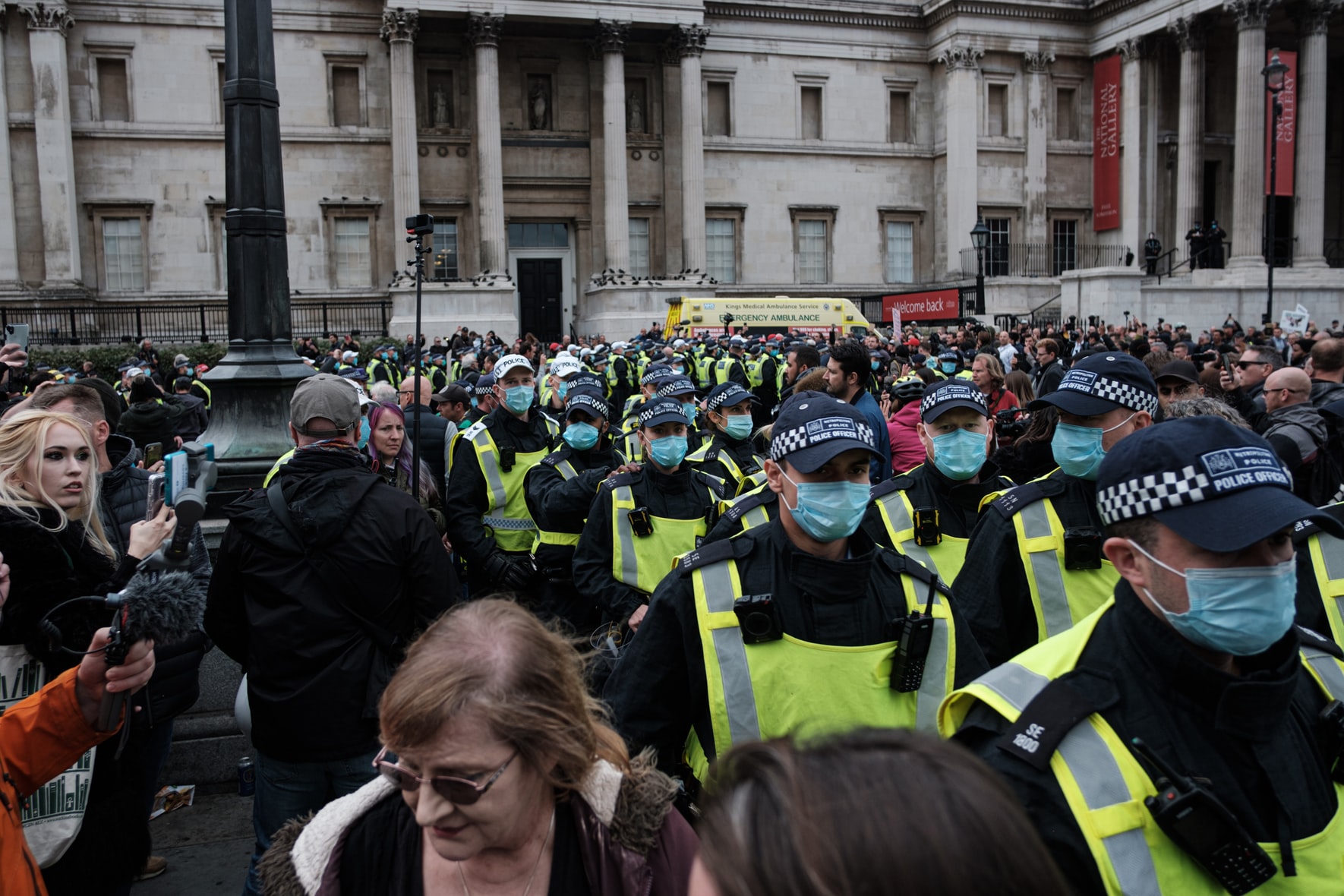Objective:
To analyse the direct and indirect effects of vaccination by vaccine type, age-strategy, and coverage on Australia’s Coronavirus Disease 2019 epidemic.
Findings:
A six-week lockdown with standard control measures, but no masks, would have resulted in a large resurgence by September, following the lifting of restrictions. Mask use can substantially reduce the epidemic size, with a greater impact if at least 50% of people wear a mask which has an effectiveness of at least 40%. Early mask use averts more cases than mask usage that is only implemented closer to the peak. No mask use, with a 6-week lockdown, results in 67,636 cases and 120 deaths by 1 October 2020 if no further lockdowns are used. If mask use at 70% uptake commences on 23 July 2020, this is reduced to 7,961 cases and 42 deaths. Upon calibrating the model to observed epidemiological data showing a rate of mask usage of 75%, we estimated community mask effectiveness to be 11%. Mask use can substantially improve epidemic control if its uptake is higher than 50% and if moderately effective masks are used.
Conclusion:
Vaccinating the vulnerable first is the optimal policy at low coverage, but vaccinating high transmitters becomes more important in settings where reproduction numbers are lower and coverage is higher. Vaccinating over 85% of the population including children would likely be needed to achieve herd immunity at the most plausible effective reproduction number of 5. Even without herd immunity, vaccines are highly beneficial at reducing deaths.


